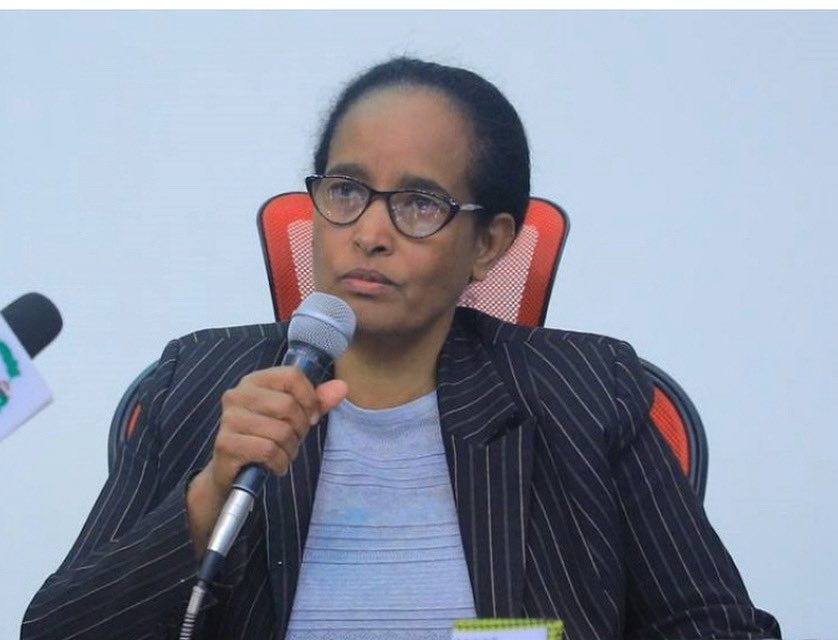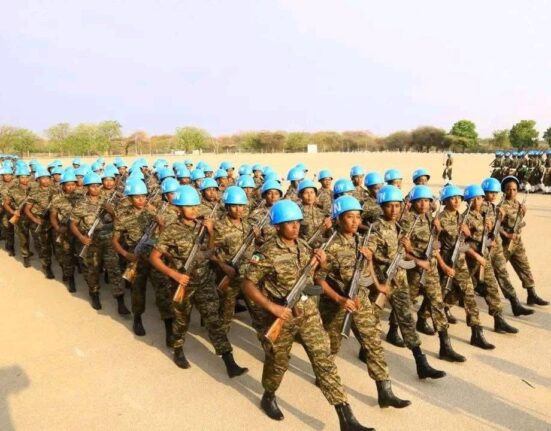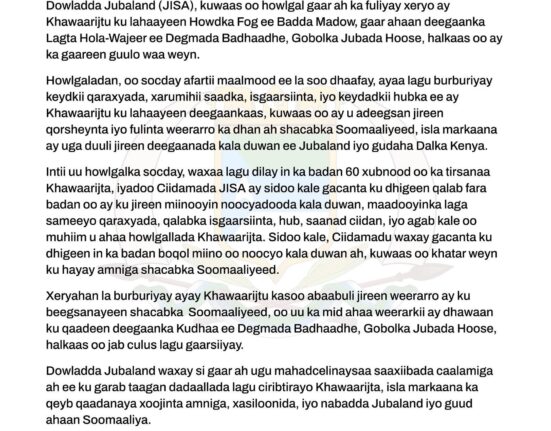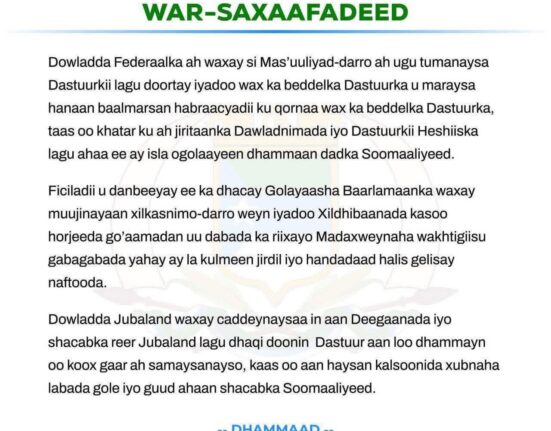By Natnel Mekonen
Well-known political activist in Ethiopia

Monjorino, a woman who has become a symbol of war and suffering for the people of Tigray, has made a controversial and emotionally charged statement:
“The federal government’s call for Eritrean troops to withdraw is a ploy to weaken Tigray. Unless the TPLF is saved, the displaced will not return.”
Her statement stirred outrage, especially among displaced Tigrayans. Monjorino, whose voice echoes through every grieving household in Tigray, now appears to be justifying the continued presence of Eritrean troops—known for committing widespread human rights violations in the region.
To many, her words—“If Eritrean troops withdraw, the federation will collapse”—sound like a shocking defense of the very forces that have brought unimaginable pain to Tigray. These troops have caused massive civilian casualties and seized large swaths of Ethiopian (Tigrayan) land. Yet Monjorino asks, “Why should Eritrea leave?”—a statement that disrespects the victims and betrays those who have suffered under the occupation.
Worse, by declaring, “If the TPLF is not rescued, the displaced will not return,” Monjorino makes it clear that she sees the people of Tigray not as citizens with agency but as political pawns of a few unelected TPLF leaders.
Previously, Getachew Reda himself warned that these individuals use the displaced as political leverage. Now, Monjorino’s words confirm that intention:
“If TPLF is erased from politics, we will make sure the displaced never return,” she effectively declares.
It is evident that their goal is not peace but to exploit the suffering of the displaced in order to negotiate with the federal government for political gain.
Meanwhile, the displaced people have spoken for themselves.
Mothers say:
“You’ve ruined our children’s futures. Let us return and never hear of war again.”
They add:
“If you do not allow us to return, we will go back on our own. We are not your captives.”
These voices of defiance are directed squarely at Monjorino and her ilk—those who act as magnets of war.
This shows that the people of Tigray are beginning to reject these outdated, war-driven ideologies and the political elites clinging to power. Signs of a return to peace and normalcy are emerging, but Monjorino and her group appear determined to drag the people back into conflict.
Currently, they are calculating—with callous political arithmetic—that this is a “good time for war.” They are ready to throw Tigrayan youth into another round of senseless conflict under the false banner of “liberation.”
Their aim is to provoke another round of war so that they can use displaced people as bargaining chips. And if the people resist, they brand them as traitors. These warmongers care nothing for the loss of education, for the women who have been violated, or for the suffering of children.
The people of Tigray must now rise and say:
Enough.
This is the time to fulfill their historic responsibility to reject these magnets of destruction.
Displaced people are not political hostages!
Editor’s Note: The following article reflects the author’s personal views on a controversial statement by Monjorino and is published to encourage public debate on displacement, political accountability, and peace in Ethiopia.







